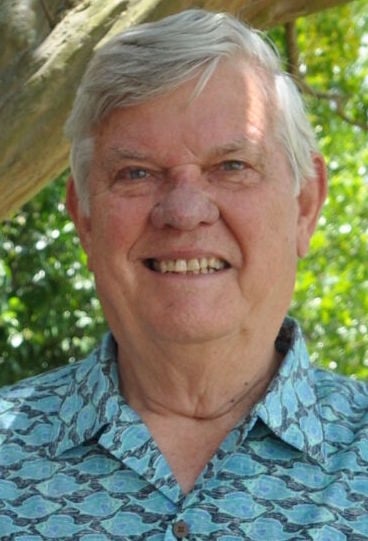My wife, Susan, and I discovered Aiken one beautiful sunny day in January 2000. We had moved to coastal Florida after retirement and were exhausted by three hurricane evacuations in one summer. It was then we joined the “Halfback Club,” which refers to those unfortunate retired Midwesterners who grew weary of repeated hurricane evacuations and opted to retreat to inland South Carolina.
What stood out to us about Aiken was the high quality of life (trees, parkways, the vibrant downtown, the charming historic and equestrian areas, friendly residents, cultural and educational facilities) and low cost of living (cost of housing, property taxes, utilities, gasoline, etc.) I remember 2000 so well because it began with a bang! (Remember “Y2K” when computers around the world were predicted to crash at midnight on Dec. 31, 1999?) Well, that year ended with a bang, too — the Bush-Gore election with hanging chads, the U.
S. Supreme Court decision and the dot-com stock market bubble bursting in between. It was also the year that the controversial Aiken County Capital Project Sales Tax was first proposed.
CPST is an alternative to increased property taxes for Aiken County and cities and towns to fund essential capital project needs like vehicles, equipment, buildings and renovations. It is a 1 percent sales tax imposed on retail sales in Aiken County, but it is not charged on a considerable number of exempted items. CPST was narrowly approved by voters in 2000, but it passed by .































